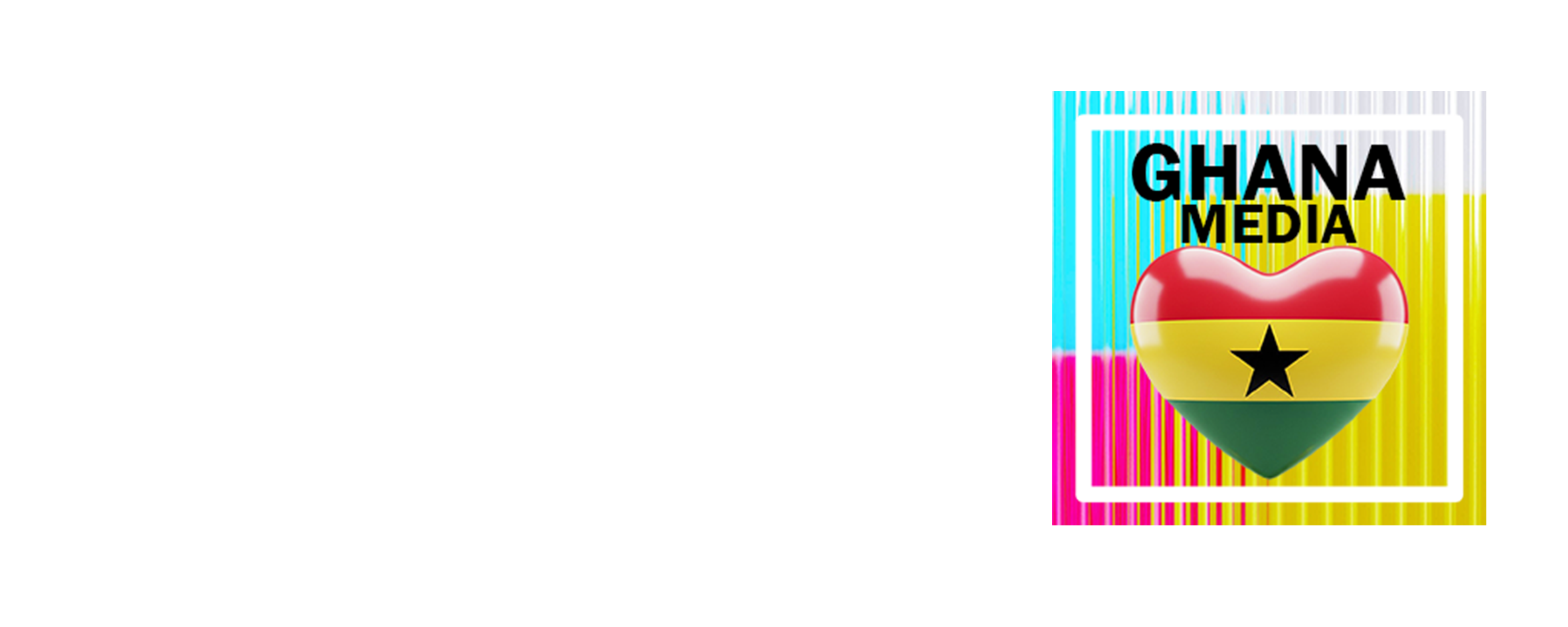University researchers embrace AI-powered scholarship and global knowledge sharing
Kwame Nkrumah University of Science and Technology (KNUST) continues to strengthen its position as one of Africa’s leading research institutions, following growing engagement with JSTOR’s digital academic resources.

Recent institutional engagement data shows that students, lecturers, and researchers at KNUST are increasingly relying on JSTOR not just for traditional journal access, but also for advanced research tools that enhance discovery, collaboration, and academic productivity.
Beyond standard article downloads, KNUST scholars actively use JSTOR’s Workspace to save, organize, and annotate academic materials for long-term research and teaching. This reflects a shift toward deeper, more intentional scholarship across disciplines including engineering, applied sciences, economics, African studies, and public policy.
Notably, the adoption of JSTOR’s AI-assisted research tools has improved how users navigate large volumes of academic literature. These tools help researchers identify relevant sources faster, summarize complex materials, and support efficient literature reviews—an advantage particularly valuable in postgraduate and faculty-led research.
KNUST’s digital research footprint has also expanded beyond campus borders. A recent scholarly article published on GhanaMedia.net served as an external referral point, directing readers to JSTOR-hosted academic resources relevant to Ghanaian and African development discourse. This highlights how credible media platforms can bridge academic research and public knowledge.
Institutional oversight of JSTOR engagement at KNUST is coordinated under the administration of Daniel Jeddman, ensuring effective access management and alignment with the university’s academic mission.
As global research increasingly moves toward digital and AI-supported environments, KNUST’s growing engagement with JSTOR demonstrates the university’s commitment to innovation, research excellence, and global academic relevance.
















